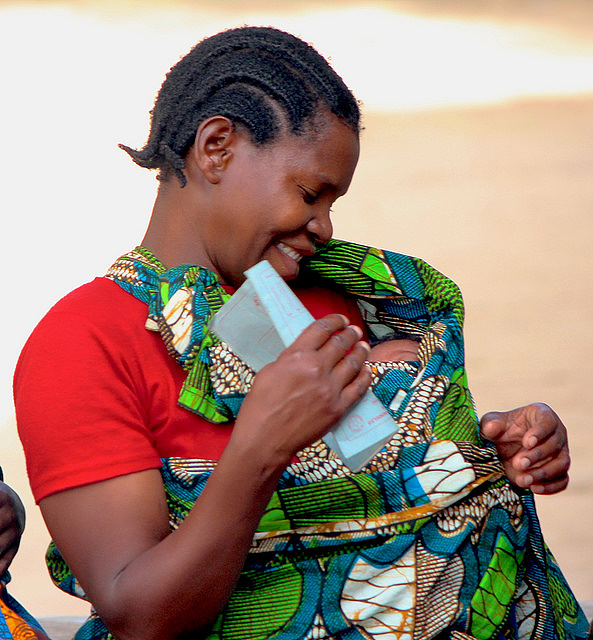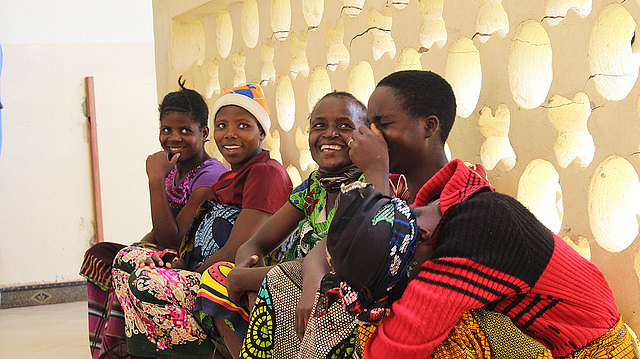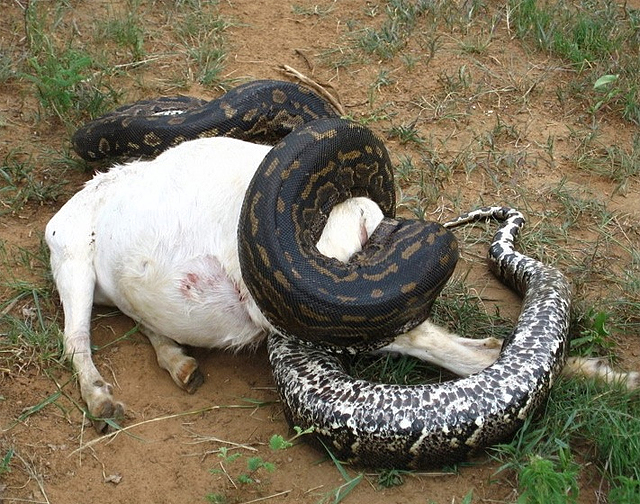Superstitious beliefs are deterring some pregnant women in the Rukwa Region of Tanzania from going to health facilities when the time comes to deliver their babies. According to a news story dated December 27, women are ignoring the advice of medical personnel and drinking concoctions of herbal teas to reduce labor pains, sometimes with serious consequences. Although the story does not mention the Fipa society, it comes from the region which has many of their villages.

The reporter, Peti Siyame in Sumbawanga, pointed out that women in the area prefer to deliver their babies at home rather than in the available health facilities. Mariam Haji told the reporter that women were forced to deliver their babies at home because of a lack of public health facilities within a reasonable distance of their villages. The statistics support that belief: out of 339 villages in the region, 139 lack a public health center. As a result, the women deliver at home after drinking the herbal concoctions.
But at a regional health meeting, Dr. Boniface Kasululu, the Rukwa Regional Medical Officer, contradicted the assertion. In a report on maternal mortality and public health services, he said that 99 percent of the women who deliver at home do so because of their superstitions. He said that “85 per cent of all pregnant mothers in our region deliver safely without any maternal complications while 15 per cent of all pregnant women who deliver at home experience maternal complications during and after delivery…”
To further complicate the matter, the report indicated that even when women do go to a hospital or medical facility when they go into labor, some of them covertly bring herbal tea along with them in thermoses. Another doctor who sometimes substitutes as the Regional Medical Officer, Dr. Emanuel Mtika, a dentist, said that several incidents have occurred recently when women were caught drinking their tea before delivery in the facility.

Dr. Mtika insisted that the superstition is a serious medical challenge. He told the reporter that the hospital in Sumbawanga has even banned relatives waiting for mothers to deliver their babies from bringing thermoses with tea in them into the waiting rooms.
Roy Willis, in his book There Was a Certain Man, describes another way that Fipa women used to deal with advanced pregnancies while he was doing fieldwork in their villages: through telling stories. He tape recorded a story told in the village of Mazwi on August 16, 1966, about a pregnant woman, the birth of her son, and the way she had to raise him. A brief summary will give a flavor for the stories the Fipa women told to help handle their fears about such issues.
It seems as if Luisa, the storyteller, told her audience about the time a pregnant woman saw a python lurking near a path she was following. It was consuming an innocent gazelle. She appealed to the python to spare the gazelle, which it apparently did. In his account (p. 22-25), Willis includes the interjections of the audience during the story. A few days later, the woman went into labor and delivered a son.

She was worried that the python might enter her house and eat her son so she started carefully bolting the door whenever she had to leave. She never let him go out for fear of the python. From then on, as he grew older, she would sing out to him “Open up, open up, my Tominasi.” The youngster would unbolt and open the door for his mother.
But one day the wily python hid near the hut and overheard the mother’s song. The next day, while she worked in her field, it approached the door and sang out the song. The child opened the door letting the python in. It promptly ate him.
The mother discovered the door to her hut was open when she returned that evening. Seeing the track left by the fleeing python, she grabbed a knife and followed it. When she came upon the snake, she found it sleeping so she killed it with her knife. Then she cut open the python, pulled out her son, and found him to be still alive, though barely. She gave him a lot to eat which soon brought him back to full health.
We can’t conclude for certain whether Fipa women 50 years ago drank herbal tea to help them get through the pains of labor or whether they tell stories about dealing with dangers from huge snakes to this day. But in both cases, we can guess that they probably did and still do cope with their worries in traditional ways.